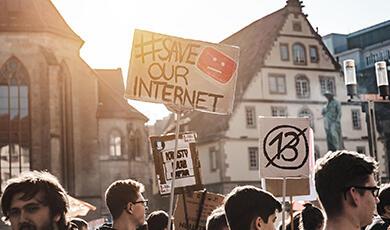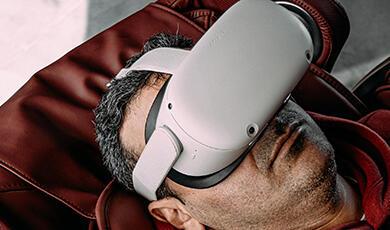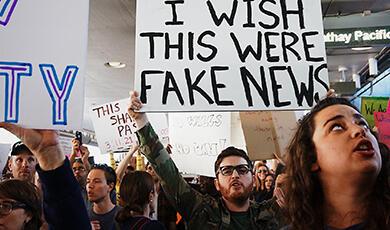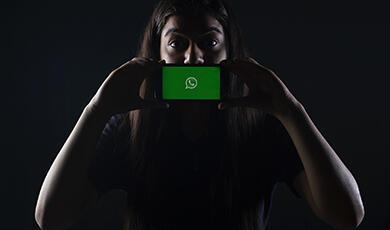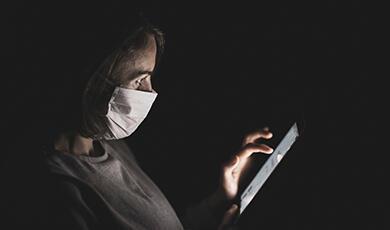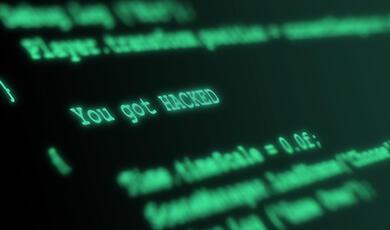Press release: Who Owns the Internet?

“The advent of the internet challenges the territorial basis of modern sovereignty”
“Big tech executives have become leading players on the world stage”
Just as road safety requires a whole society response, so too with the Internet
Embargo: Tuesday 20th Sep, 7pm.
I would like to invite you to a lecture on Who Owns The Internet by Dr Victoria Baines, IT Livery Company Professor.
In research carried out by Yougov for Gresham College looking at 1,749 UK adults aged 18+, just 4% of UK adults online think the government “owns” the internet, 43% the Companies who run it, 12% ‘all of us’ and 19% ‘nobody’.
In the lecture, Baines will explore the reasons for these results: “If we choose to define the Internet as its infrastructure, hardware, data centres and exchange points, it is possible to pinpoint their locations and the countries under whose jurisdiction they fall. But the Internet is also cyberspace, billions of connections and pieces of content created by all of us. As such, it resists the attempts of governments to control what their citizens see and do on it.”
In her lecture, Professor Baines will also look at research carried out by Yougov for Gresham College on who people would report online crimes to:
“The good news is that the vast majority of people - an average of 89% across the five crime types - said that they would report to someone, whether the police, the platform on which the crime occurred, or both. For grooming of children and young people and fraud or theft, people were most likely to contact only the police. But for hacking, respondents said that they were most likely to contact the platform alone. When we factor in those people who said that they would report to both the police and the platform, we find that in total just 50% would report hacking to the police, and 55% online harassment. While this is a relatively small sample of 1749 people, it indicates that, at least for some crimes, people now look to tech companies for the first response traditionally provided by the police.”
Baines will mention Elon Musk’s ownership of internet infrastructure, “As of summer 2022 Musk reportedly owns one third of all the active satellites in Earth’s orbit and plans to increase this proportion to two thirds by the autumn of 2023. His decision to supply Ukraine with satellite-based communications equipment has been widely credited with keeping the country’s Internet access up and running following Russia’s invasion. In this respect, Big Tech executives have become leading players on the world stage, statesmen in their own right, whether governments like it or not.”
She will also look at the top ten countries who in 2021 requested that Meta restrict content on its platforms: which include the UK, Germany, Russia and Pakistan – but for fairly different reasons, and go on to set out an alternative vision for the future of the internet, one where:
“…states are willing to take a more inclusive – and arguably realistic – view of who owns the Internet and who has a responsibility to protect it. What is already evident is that governments cannot keep this contested space safe, secure, or stable without the help of private companies, and decisions about how it should be governed should benefit from the input of informed citizens. The Internet is too important to all of us to be a puzzle solely for programmers, police, and politicians.”
ENDS
Notes to Editors
You can sign up to watch the hybrid lecture online or in person below; or email us for an embargoed transcript or speak to Professor Victoria Baines: l.graves@gresham.ac.uk / 07799 738 439.
Read more about Professor Victoria Baines.


 Login
Login
